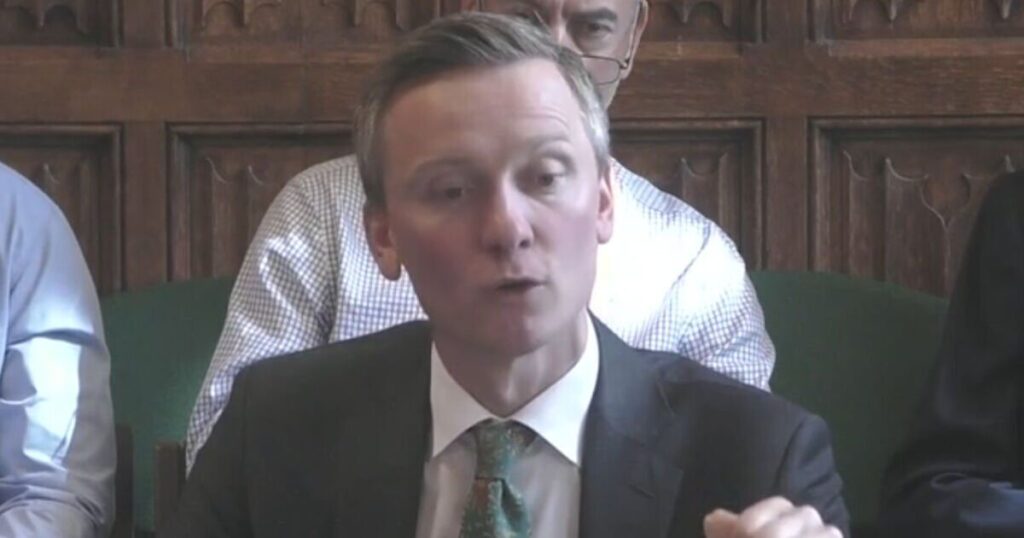
Labour has set out its policy on raising the state pension age, with the policy set to change. Pensions minister Torsten Bell appeared before the Work and Pensions Committee to set out the Government’s pension plans.
The state pension age is currently 66, but is scheduled to gradually increase to 67 between April 2026 and April 2028. There are also plans in place for this to increase again from 67 to 68 between 2044 and 2046, but there have been discussions about moving this increase forward.
Mr Bell was asked for an update on the timetable for increasing the state pension age from 67 to 68 when he appeared before the committee.
He said: “There is an increase coming over the course of 2026 and 2028. Beyond that, the legal requirement is very clear on us, which is we need to put in place an independent state pension age review by March 2029.
“We will do that. Then the Government’s job is to respond to that. I’m not going to be setting out policy separate from that formal process.”
An independent review looking at the state pension age published in 2023 recommended bringing forward the increase to 68 to between 2041 and 2043. The then-Conservative Government did not take up the recommendations, but set out plans for another review within two years of the next Parliament.
Mr Bell also told the MPs that there is a “consensus” in moving towards a “higher, less unequal” state pension. The full new state pension currently pays £221.20 a week, while the full basic amount is just £176.45 a week, but some people can get additional amounts depending on their situation.
Explaining the Government’s policy on raising the access age, Mr Bell said: “We are aiming roughly to hold the share of life in retirement constant. That is the underlying motivation for what is going on with state pension age decisions. That is the basic policy.”
He also said there was a “slightly higher poverty rate” among women who had to wait a year longer than they did previously to receive their state pension when the age increased from 65 to 66, to equalise it with men. But he said there was also a “high employment rate” among these women, meaning they would get “higher pension income later in life”.
He added: “I am not hiding from the fact that there are consequences from a higher state pension age. Any other decisions in that area need to be fully funded.”
 Latest Breaking News Online News Portal
Latest Breaking News Online News Portal






